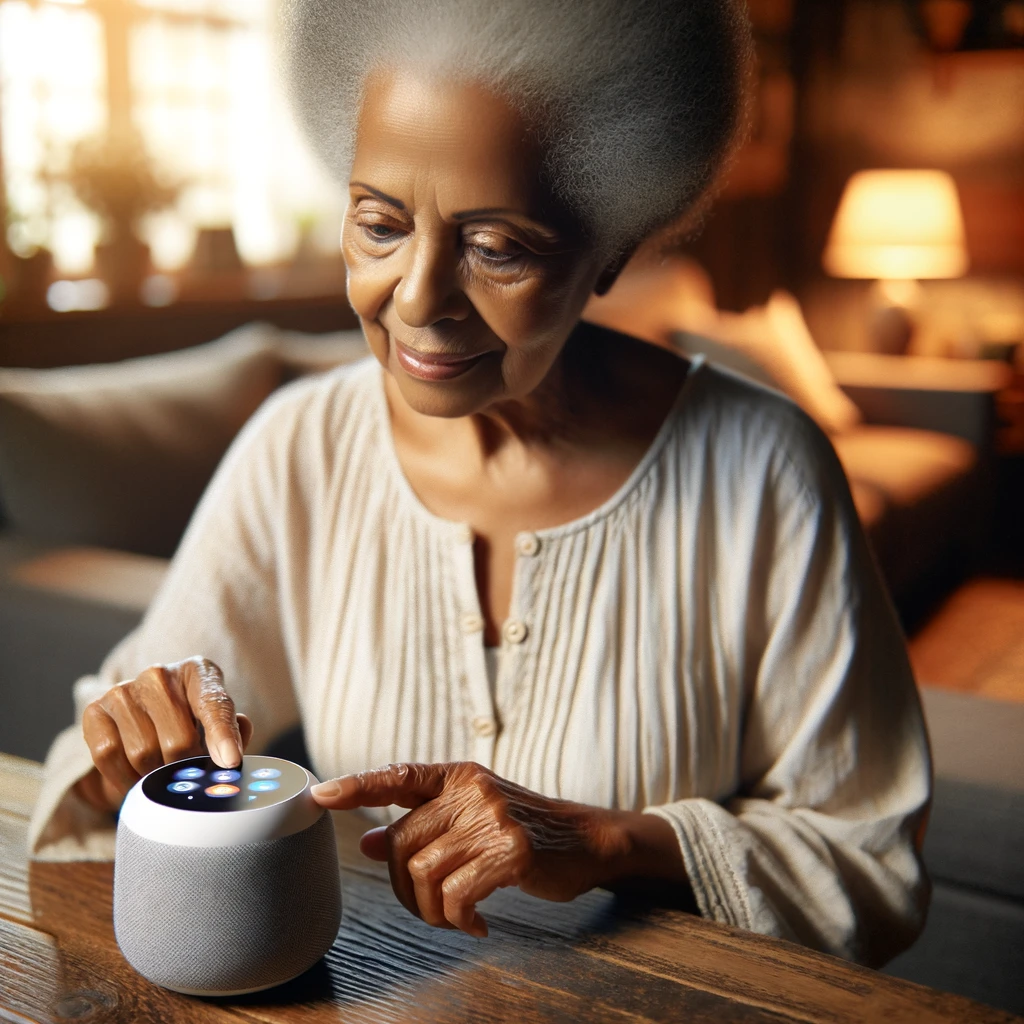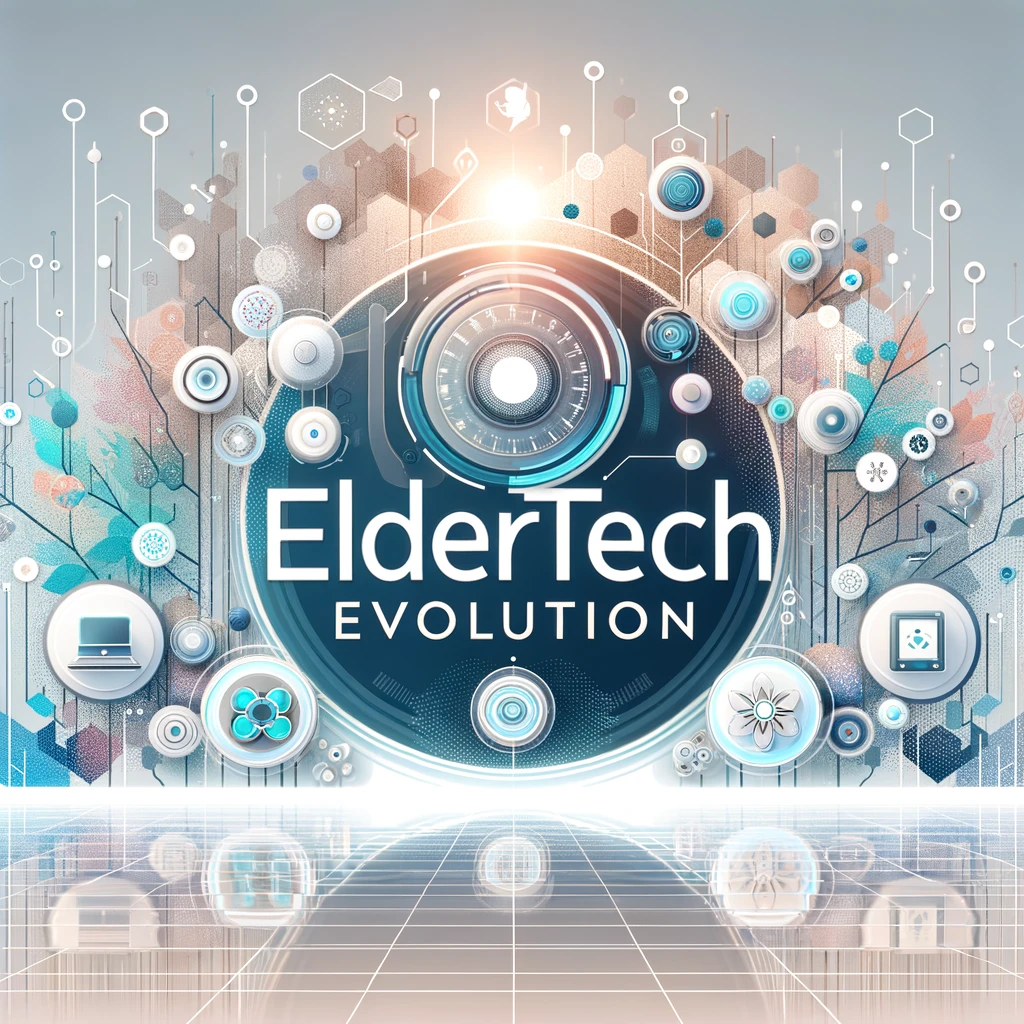Introduction
Dementia, characterized by a decline in memory and cognitive abilities, presents significant challenges for individuals and their caregivers. A promising avenue for mitigating these challenges is the use of technology to compensate for memory deficits. This article explores how various technological tools can support individuals with dementia, referencing key research findings.
Digital Reminders and Alerts
- Smart Devices for Daily Tasks: Smartphones and home assistants can be programmed to provide reminders for medication, appointments, and daily routines.
- Impact on Independence: These tools help individuals maintain a sense of independence by compensating for short-term memory loss.
Research Support:
- Sävenstedt, S., Brulin, C., & Sandman, P. O. (2004). Using a diary as a tool in the care of persons with dementia. Nursing Older People, 16(7), 18-21. This study highlights the effectiveness of using diaries and reminders in managing daily activities for dementia patients (DOI: 10.7748/nop2004.09.16.7.18.c3666).
Interactive Memory Aids
- Technological Memory Aids: Devices and apps that stimulate memory through interactive activities, such as memory games and storytelling, can be beneficial.
- Personalization: Technologies that allow for personalization, such as digital photo albums or customized games, are particularly effective.
Research Support:
- Astell, A. J., Ellis, M. P., Bernardi, L., Alm, N., Dye, R., Gowans, G., & Campbell, J. (2010). Using a touch screen computer to support relationships between people with dementia and caregivers. Interacting with Computers, 22(4), 267-275. This study demonstrates how touch screen computers can be used to facilitate interaction and memory recall in people with dementia (DOI: 10.1016/j.intcom.2010.03.003).
Virtual Reality (VR) Experiences
- Immersive Memory Journeys: VR can create immersive experiences that trigger memory recall. These can include virtual tours of familiar places or simulations of past events.
- Enhanced Engagement: The immersive nature of VR can lead to higher levels of engagement and stimulation, which is crucial for memory retention.
Wearable Technology
- Health Monitoring: Wearables that monitor health indicators can provide valuable data for managing dementia, including tracking patterns that may affect memory and cognition.
- Fall Detection and Safety: For those with dementia, wearables with fall detection ensure safety, a critical concern due to memory impairment.
Conclusion
Technology offers a beacon of hope in addressing the memory deficits associated with dementia. From digital reminders to VR experiences, these tools provide practical solutions to enhance daily life for individuals with cognitive challenges. As research in this field progresses, we can expect to see more innovative technologies specifically designed to support memory functions in dementia care.
Call to Action
Do you have experience with using technology to support memory in dementia care? Share your insights or questions in the comments below. Let’s discuss the potential of technology in making a difference in the lives of those with dementia.
References
- Sävenstedt, S., Brulin, C., & Sandman, P. O. (2004). Using a diary as a tool in the care of persons with dementia. Nursing Older People, 16(7), 18-21. https://doi.org/10.7748/nop2004.09.16.7.18.c3666
- Astell, A. J., Ellis, M. P., Bernardi, L., Alm, N., Dye, R., Gowans, G., & Campbell, J. (2010). Using a touch screen computer to support relationships between people with dementia and caregivers. Interacting with Computers, 22(4), 267-275. https://doi.org/10.1016/j.intcom.2010.03.003



Leave a Reply